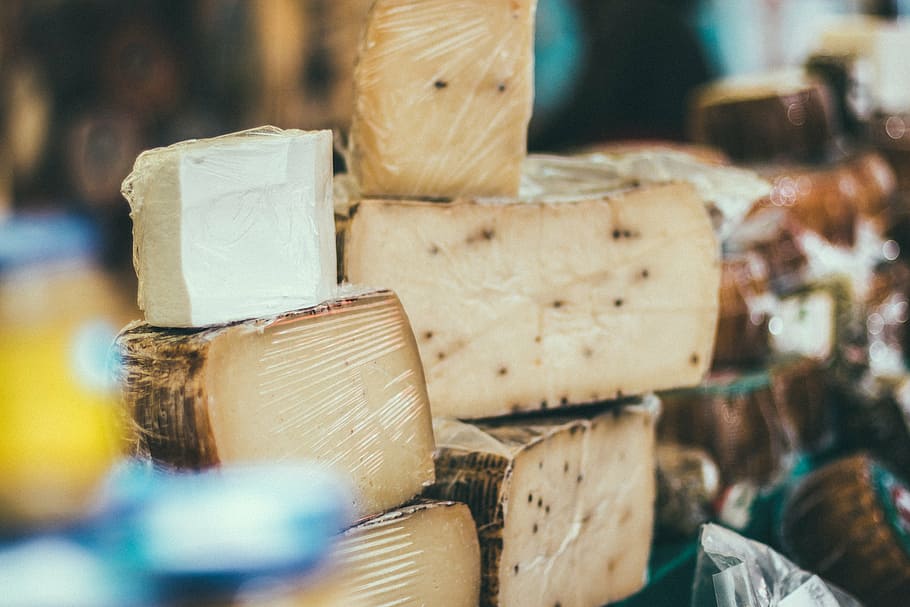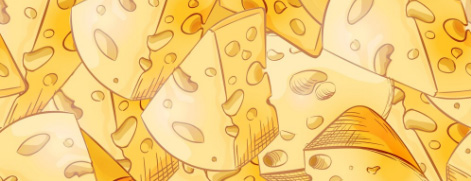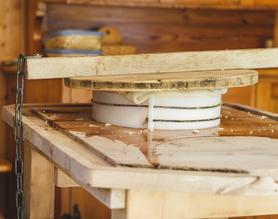Casu Marzu - The Maggot Infested Cheese

You may have heard about cheese made from cow's milk or even buffalo, sheep or goat, but have you ever heard about a cheese that actively uses maggots as a part of the creation process? Considered dangerous in many cities, casu marzu is a cheese that is not for the faint-hearted. We recommend reading and learning all about it before making any daring attempts to enjoy this delicacy. Bon appetit!
The synonymous word for edible rotten cheese would be casu marzu, also called casu modde & casu fràzigu. This cheese is made on Sardinia Island and is an essential part of the local food heritage. Dubbed in 2009 as the most dangerous cheese by Guinness World Record, this unique delicacy has an interesting process when it comes to creation.
Sheep's milk from the Pecorino family is used to make the cheese, and cheese skipper flies are actively encouraged to lay their eggs while the cheese is made. The maggots then hatch and make their way around the paste to digest the protein and create a rich & creamy cheese in return. While the external top of the cheese remains untouched, the internal creamy paste is what makes the cheese so delicious. The process includes the stages of fermentation through decomposition to get the maggots to break down the cheese fats.
After the cheese is broken into pieces to enjoy a bite or two; the view is a sight to watch! The creamy part of the cheese has maggots writhing and leaping for up to 15cm when opened. Diners will most often have their hand above their sandwich to prevent any maggot transfer as they spread the delicacy and have it with a glass of strong red wine. Although not popular according to health and safety standards in most countries, this cheese is considered an aphrodisiac in Sardinia and is often enjoyed during weddings and festival celebrations.
True cheese lovers on the Island also consider the cheese unsafe and inedible to consume if the maggots have died before the cheese is opened up for eating. Eat with caution and with experts!



